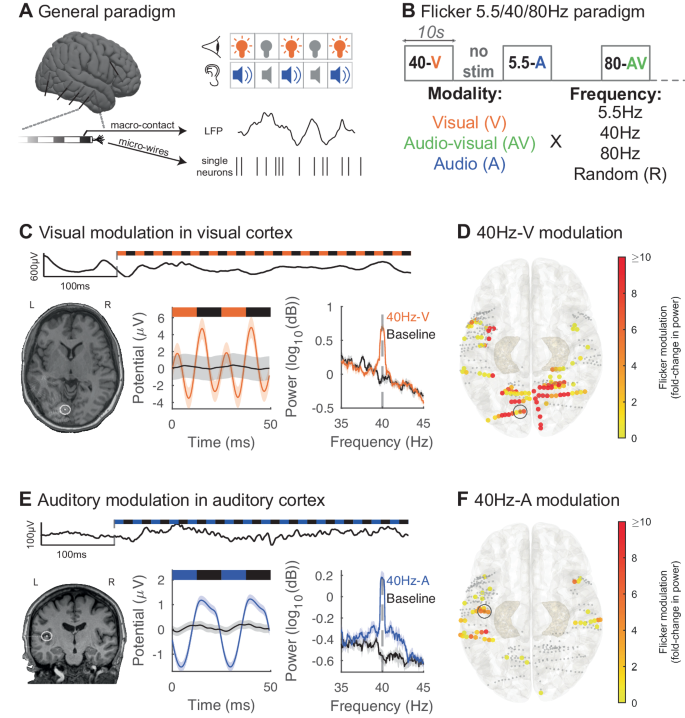2024-05-08 バーミンガム大学
<関連情報>
- https://www.birmingham.ac.uk/news/2024/third-covid-vaccine-dose-improves-defence-for-some-clinically-extremely-vulnerable-patients
- https://www.thelancet.com/journals/lanrhe/article/PIIS2665-9913(24)00065-1/fulltext
2回接種後の免疫が不十分な免疫不全患者におけるCOVID-19ワクチン3回目接種戦略の免疫原性(OCTAVE-DUO):非盲検、多施設、無作為化、対照、第3相試験 Immunogenicity of third dose COVID-19 vaccine strategies in patients who are immunocompromised with suboptimal immunity following two doses (OCTAVE-DUO): an open-label, multicentre, randomised, controlled, phase 3 trial
Prof Carl S Goodyear, PhD ;Amit Patel, MSc ;Prof Eleanor Barnes, PhD ;Prof Michelle Willicombe, MD;Prof Stefan Siebert, PhD;Thushan I de Silva, PhD;et al.
The Lancet Rheumatology Published:May 08, 2024
DOI:https://doi.org/10.1016/S2665-9913(24)00065-1

Summary
Background
The humoral and T-cell responses to booster COVID-19 vaccine types in multidisease immunocompromised individuals who do not generate adequate antibody responses to two COVID-19 vaccine doses, is not fully understood. The OCTAVE DUO trial aimed to determine the value of third vaccinations in a wide range of patients with primary and secondary immunodeficiencies.
Methods
OCTAVE-DUO was a prospective, open-label, multicentre, randomised, controlled, phase 3 trial investigating humoral and T-cell responses in patients who are immunocompromised following a third vaccine dose with BNT162b2 or mRNA-1273, and of NVX-CoV2373 for those with lymphoid malignancies. We recruited patients who were immunocompromised from 11 UK hospitals, aged at least 18 years, with previous sub-optimal responses to two doses of SARS-CoV-2 vaccine. Participants were randomly assigned 1:1 (1:1:1 for those with lymphoid malignancies), stratified by disease, previous vaccination type, and anti-spike antibody response following two doses. Individuals with lived experience of immune susceptibility were involved in the study design and implementation. The primary outcome was vaccine-specific immunity defined by anti-SARS-CoV-2 spike antibodies (Roche Diagnostics UK and Ireland, Burgess Hill, UK) and T-cell responses (Oxford Immunotec, Abingdon, UK) before and 21 days after the third vaccine dose analysed by a modified intention-to-treat analysis. The trial is registered with the ISRCTN registry, ISRCTN 15354495, and the EU Clinical Trials Register, EudraCT 2021-003632-87, and is complete.
Findings
Between Aug 4, 2021 and Mar 31, 2022, 804 participants across nine disease cohorts were randomly assigned to receive BNT162b2 (n=377), mRNA-1273 (n=374), or NVX-CoV2373 (n=53). 356 (45%) of 789 participants were women, 433 (55%) were men, and 659 (85%) of 775 were White. Anti-SARS-CoV-2 spike antibodies measured 21 days after the third vaccine dose were significantly higher than baseline pre-third dose titres in the modified intention-to-treat analysis (median 1384 arbitrary units [AU]/mL [IQR 4·3–7990·0] compared with median 11·5 AU/mL [0·4–63·1]; p<0·001). Of participants who were baseline low responders, 380 (90%) of 423 increased their antibody concentrations to more than 400 AU/mL. Conversely, 166 (54%) of 308 baseline non-responders had no response after the third dose. Detectable T-cell responses following the third vaccine dose were seen in 494 (80%) of 616 participants. There were 24 serious adverse events (BNT612b2 eight [33%] of 24, mRNA-1273 12 [50%], NVX-CoV2373 four [17%]), two (8%) of which were categorised as vaccine-related. There were seven deaths (1%) during the trial, none of which were vaccine-related.
Interpretation
A third vaccine dose improved the serological and T-cell response in the majority of patients who are immunocompromised. Individuals with chronic renal disease, lymphoid malignancy, on B-cell targeted therapies, or with no serological response after two vaccine doses are at higher risk of poor response to a third vaccine dose.
Funding
Medical Research Council, Blood Cancer UK.


